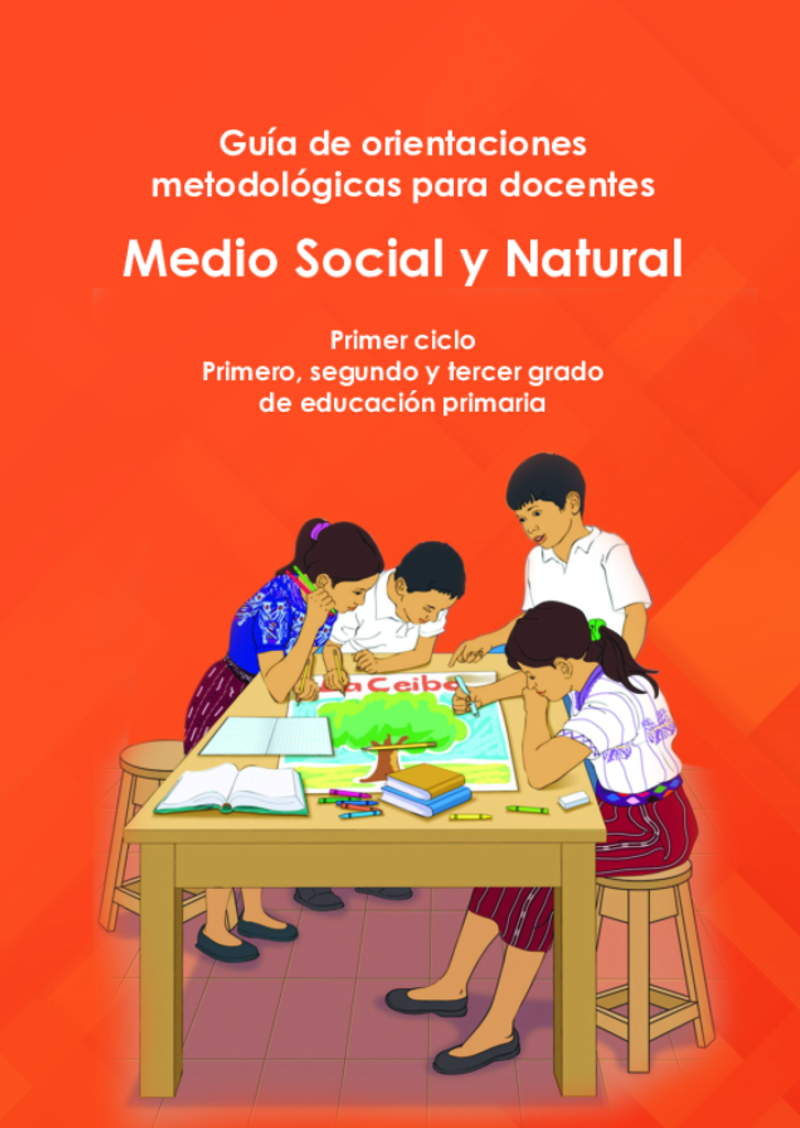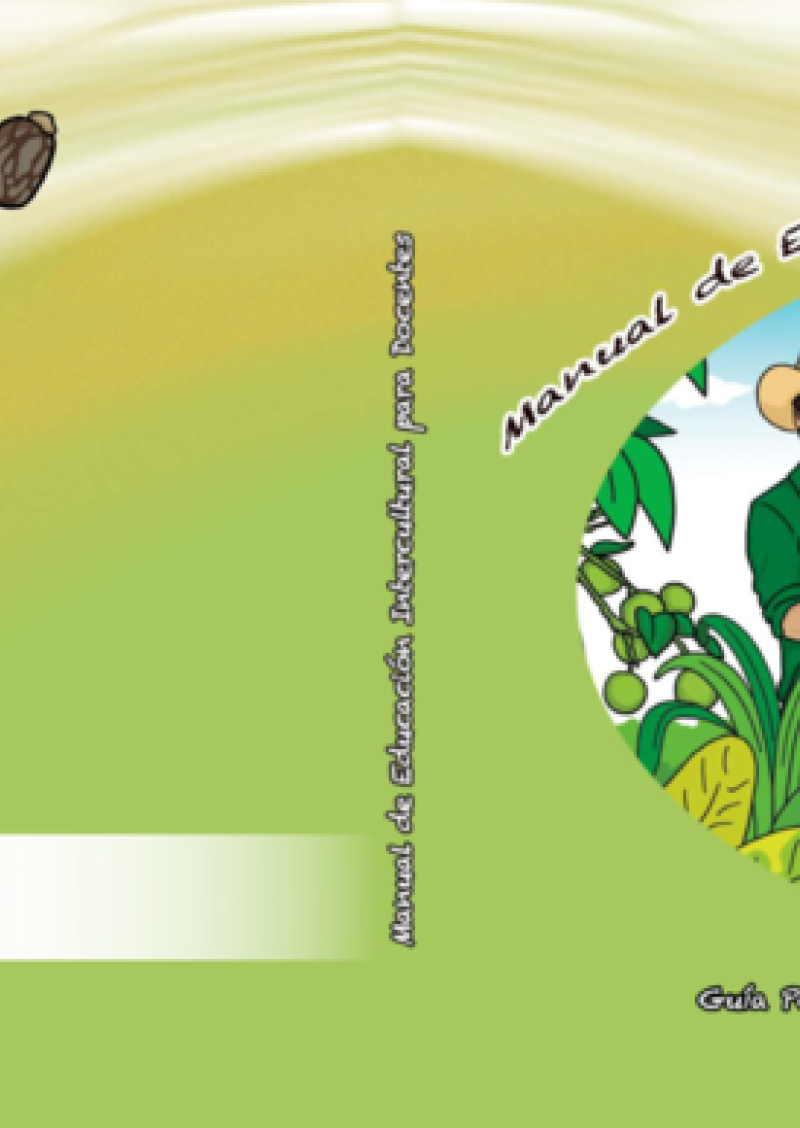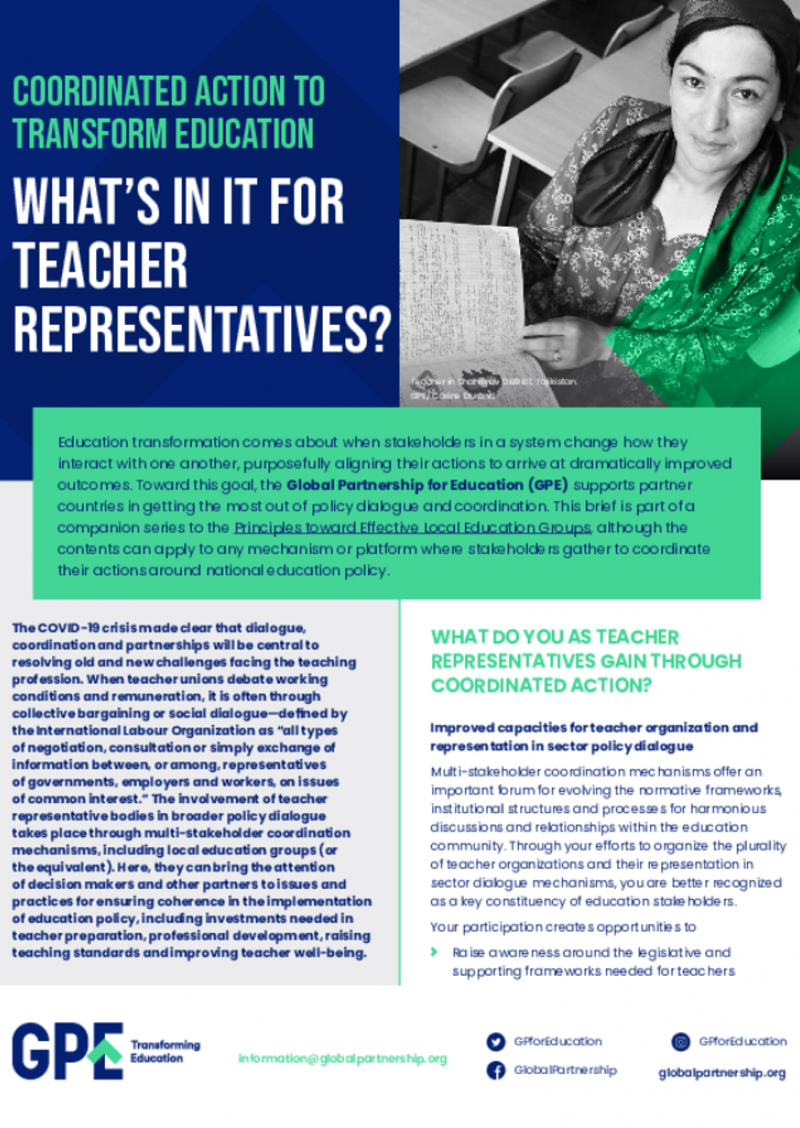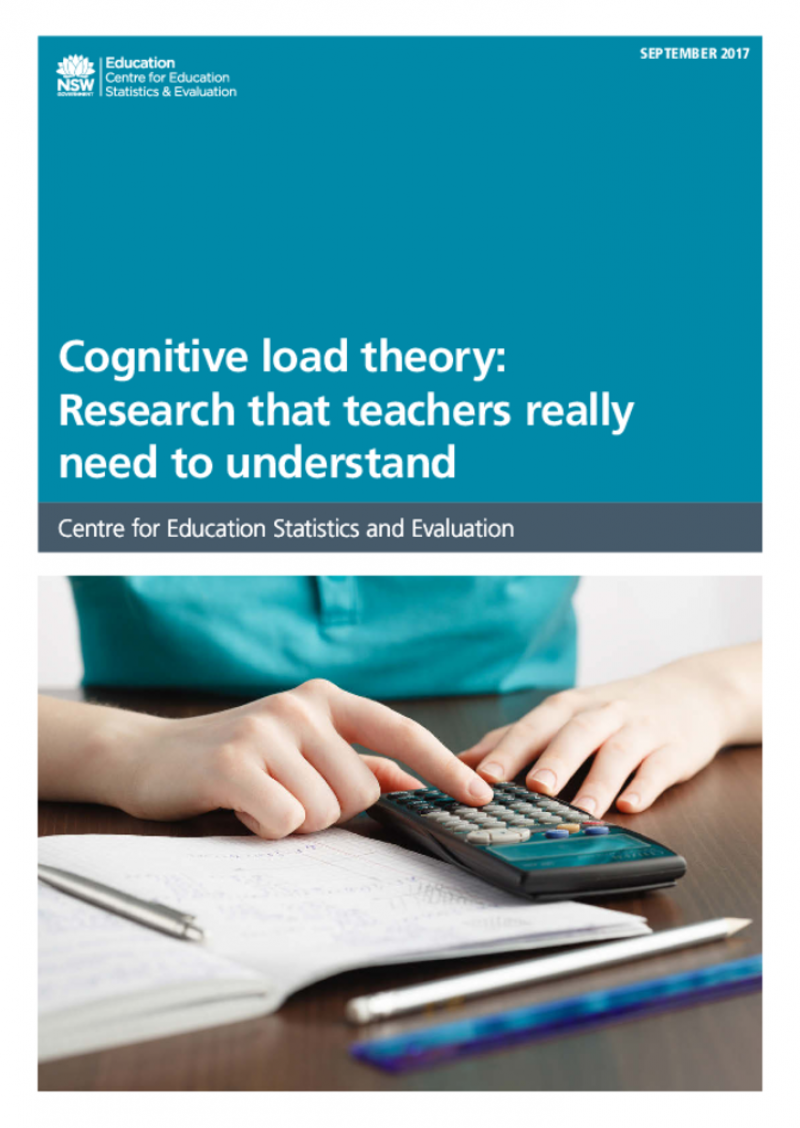Teacher Resource Centre
Displaying 1 - 4 of 4
Guía de orientaciones metodológicas para docentes - Medio Social y Natural
El departamento de educación intercultural del Minsiterio de Educación de Guatemala publicó este paquete de recursos para que docentes trabajen con alumnos de primaria en contextos comunitarios indígenas (culturas xinka, maya, garífuna y ladino), abordando los ámbitos sociales y naturales. Proporciona herramientas didácticas e instrucciones para un desempeño efectivo en clase, con ejemplos de actividades. Estas herramientas buscan facilitar la enseñanza respetando la diversidad cultural del país.
Manual de Educación Intercultural para Docentes
Este Manual a destinación de los docentes propone actividades y talleres con enfoque en la interculturalidad para realizar en el aula. Se divide en cuatro apartados: identidad colectiva e individual; el conocimiento de la historia y de las distintas manifestaciones culturales para fomentar la paz en el país; estereotipos y prejuicios para combatir las discriminaciones y el racismo; e interculturalidad para valorizar la diversidad y la convivencia.
Coordinated action to transform education. What's in it for teacher representatives?
This briefs presents what teacher representatives gain through coordinated action. The involvement of teacher representative bodies in broader policy dialogue takes place through multi-stakeholder coordination mechanisms, including local education groups (or the equivalent). Here, they can bring the attention of decision makers and other partners to issues and practices for ensuring coherence in the implementation of education policy, including investments needed in teacher preparation, professional development, raising teaching standards and improving teacher well-being.
Cognitive load theory: Research that teachers really need to understand
To improve student performance, teachers need to understand the evidence base that informs and helps improve their practice. An area of research with significant implications for teaching practice is cognitive load theory.
This paper describes the research on cognitive load theory and what it means for more effective teaching practice. The first part of the paper explains how human brains learn according to cognitive load theory, and outlines the evidence base for the theory. The second part of the paper examines the implications of cognitive load theory for teaching practice, and describes some recommendations that are directly transferable to the classroom.



